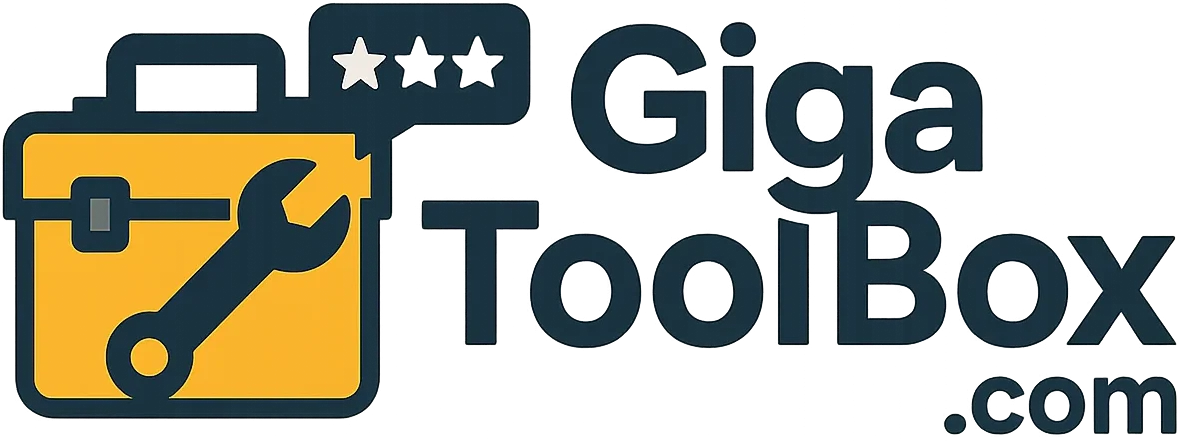
Over the past year and a half, I’ve used Moz Pro as a core part of my SEO stack—particularly for clients who needed clarity, stability, and simplicity over flashy features. It’s not the fastest or deepest platform out there, but if you’re looking for a reliable, well-structured toolkit that makes it easy to execute a clean SEO strategy, Moz Pro delivers.
What stood out from the start is how user-friendly it is. If you’re managing SEO in-house or need to keep clients in the loop without overwhelming them, Moz Pro makes everything feel digestible—even for non-SEOs.
Real Workflow Experience: Where Moz Pro Adds Value
I typically use Moz Pro in tandem with other tools (like SE Ranking or Ahrefs), but it plays a critical role in a few areas:
- Keyword qualification and early-stage research
- Ongoing rank tracking for targeted campaigns
- Monitoring and benchmarking domain authority over time
- Light backlink audits to support link-building strategies
- Client-friendly reporting when simplicity is key
It’s been especially useful for content-focused sites and small business clients where precision and over-analysis are less important than directional guidance.
Standout Tools and How I Use Them
1. Keyword Explorer
This is Moz’s most polished and trustworthy feature. I regularly use it for:
- Evaluating keyword difficulty and potential
- Identifying long-tail opportunities for blog posts
- Prioritizing keyword clusters based on organic CTR potential
It doesn’t overload you with data. Instead, it simplifies decision-making with clear metrics like Priority Score, which blends volume, difficulty, and click potential. When mapping out a blog strategy for a SaaS client, this helped me avoid over-competitive terms and focus on attainable wins.
2. Campaign Setup + Rank Tracking
Moz’s Campaign system is clean. Once you input your domain and competitors, it begins pulling ranking data, site health, and on-page opportunities into one dashboard. I use this to track weekly progress across high-priority terms and to compare movement against direct competitors.
You can segment rankings by branded vs. non-branded terms, which is a subtle but incredibly helpful feature when analyzing performance from content vs. reputation.
3. Site Crawl (Technical SEO)
Moz’s crawler is solid for ongoing maintenance. It flags major technical issues like:
- Duplicate title/meta issues
- Broken links
- Redirect chains
- Thin content warnings
For one local services client, the Site Crawl flagged dozens of duplicate page titles caused by a templated CMS. Fixing that helped recover rankings across multiple local pages in a few weeks.
The only limitation? It’s not as exhaustive as Screaming Frog or Sitebulb for deeply technical SEO—but it covers 80% of what most sites need.
4. Link Explorer
Moz’s backlink database is the least robust part of the suite, but I’ve still used it successfully for:
- Tracking high-level link acquisition
- Auditing spammy referring domains
- Benchmarking domain authority vs. competitors
I typically don’t use it for granular link-building—Ahrefs or Semrush are better there—but it’s good for quick diagnostics and seeing link growth trends.
Pricing Overview (Real Usage Perspective)
Moz Pro uses a campaign-based pricing structure. I’ve used both the Standard and Medium tiers depending on the number of domains and keyword sets I needed to track.
| Plan | Monthly (Annual Billing) | Projects | Keywords | Best For |
|---|---|---|---|---|
| Standard | $99 | 3 | 300 | Solo marketers or small clients |
| Medium | $179 | 10 | 1,500 | Agencies or content-focused teams |
| Large | $299 | 25 | 5,000 | Multi-domain management |
| Premium | $599 | 50 | 10,000 | Enterprise or SEO agencies at scale |
In my use, the Medium plan hit the sweet spot. It allowed tracking across 5–10 active clients, handled regular audits, and supported simple reporting—all without feeling bloated or overpriced.
Moz also includes unlimited users, which is helpful for team collaboration or client access without extra cost.
Pros and Cons of Moz
What Works Well
- Incredibly clean UX – Everything feels deliberate, and there’s no tool overload.
- Keyword scoring is intuitive – The Priority metric is a standout, especially when briefing content writers.
- Excellent learning curve – Perfect for onboarding junior marketers or non-technical team members.
- Trustworthy Domain Authority (DA) – Still a widely recognized metric among SEOs and clients alike.
- Great for periodic check-ins – Doesn’t require constant micromanagement to extract value.
Where It Falls Short
- Backlink data is too thin for serious link building
- No AI-assisted tools – No content generation, clustering, or smart optimization suggestions
- Limited local SEO tools – You’ll need separate software for serious GMB/local pack analysis
- Data refresh frequency could be faster – Especially for large sites making rapid changes
Who Should Use Moz Pro
Moz Pro is best suited for:
- In-house teams managing SEO without a dedicated tech SEO expert
- Consultants and freelancers working with small-to-midsize businesses
- Content teams who want a light SEO layer over their editorial workflow
- Educational and nonprofit orgs who need trusted metrics and clear UX
It’s not ideal for hardcore technical SEOs, enterprise link builders, or international teams needing deep localization or real-time multi-market insights.
Final Verdict
Moz Pro is a stable, trustworthy, and client-friendly SEO tool that focuses on doing a few things well. It may lack some of the cutting-edge capabilities of Semrush or Ahrefs, but it excels in clarity, usability, and practicality—especially for marketers who need SEO to support broader business objectives.
If you need clean data, intuitive keyword research, and digestible insights without a steep learning curve, Moz Pro is worth your time.
Rating: 8.5/10 — Best for in-house teams, content-led SEO, and consultants who value clarity over complexity.
